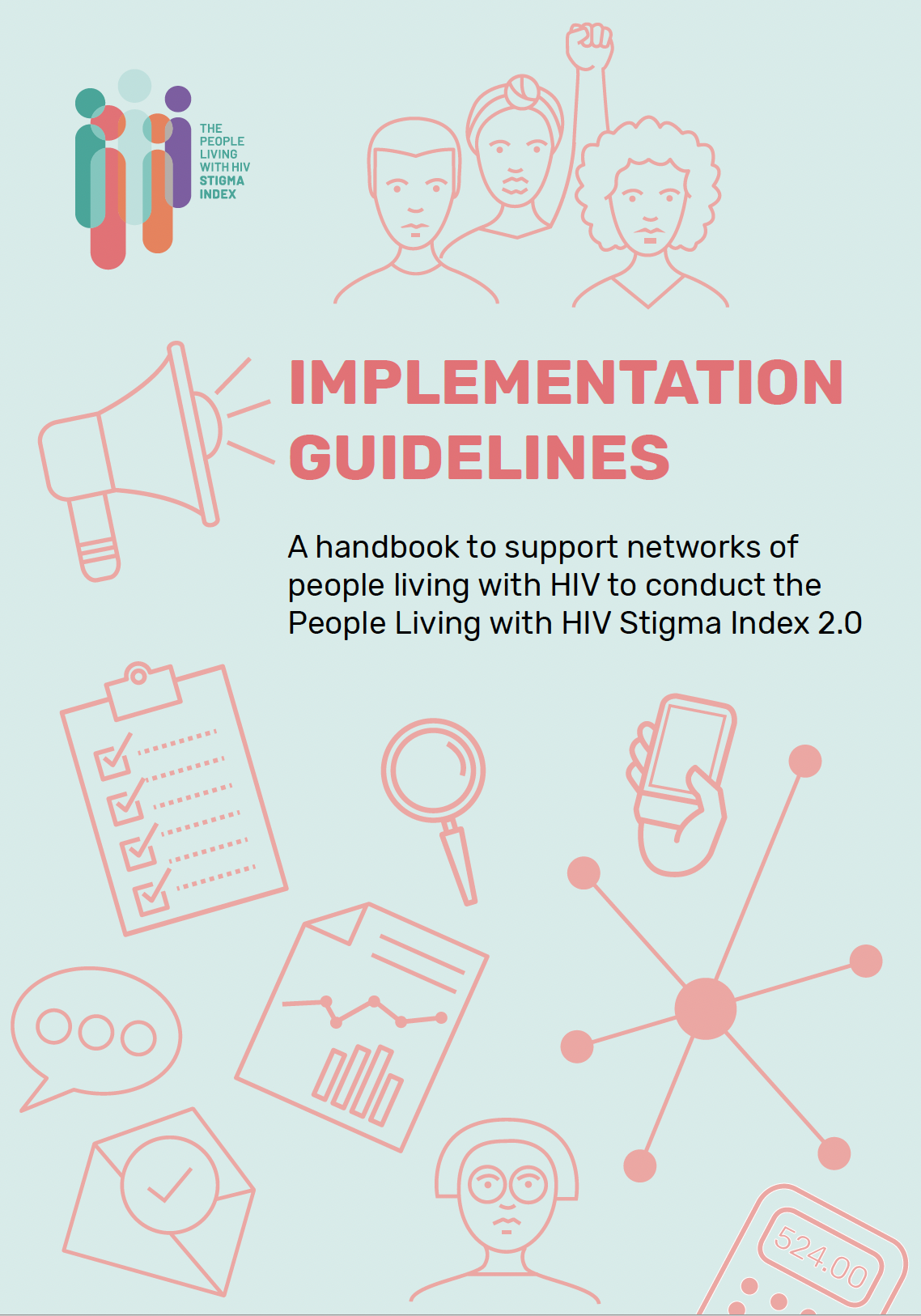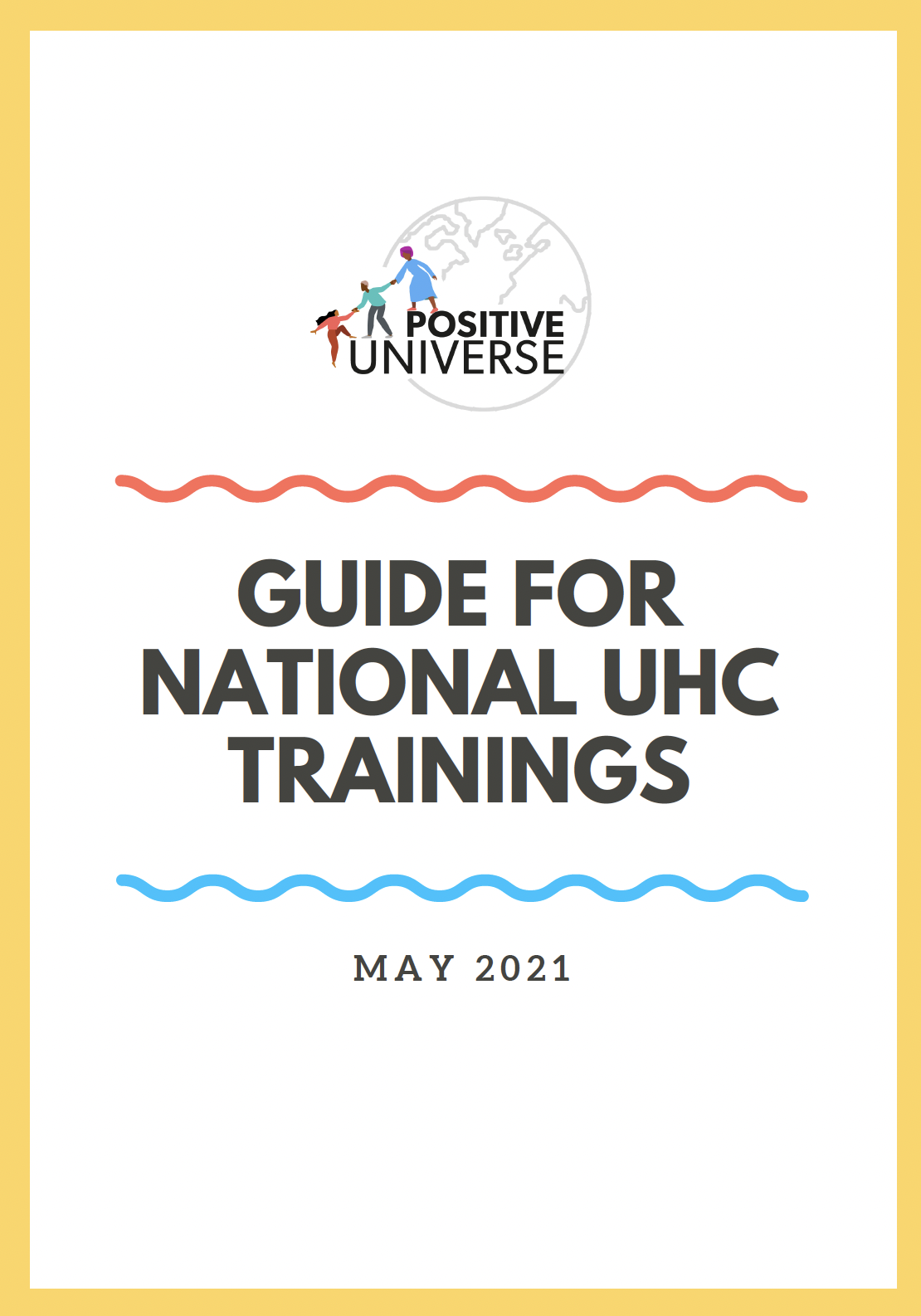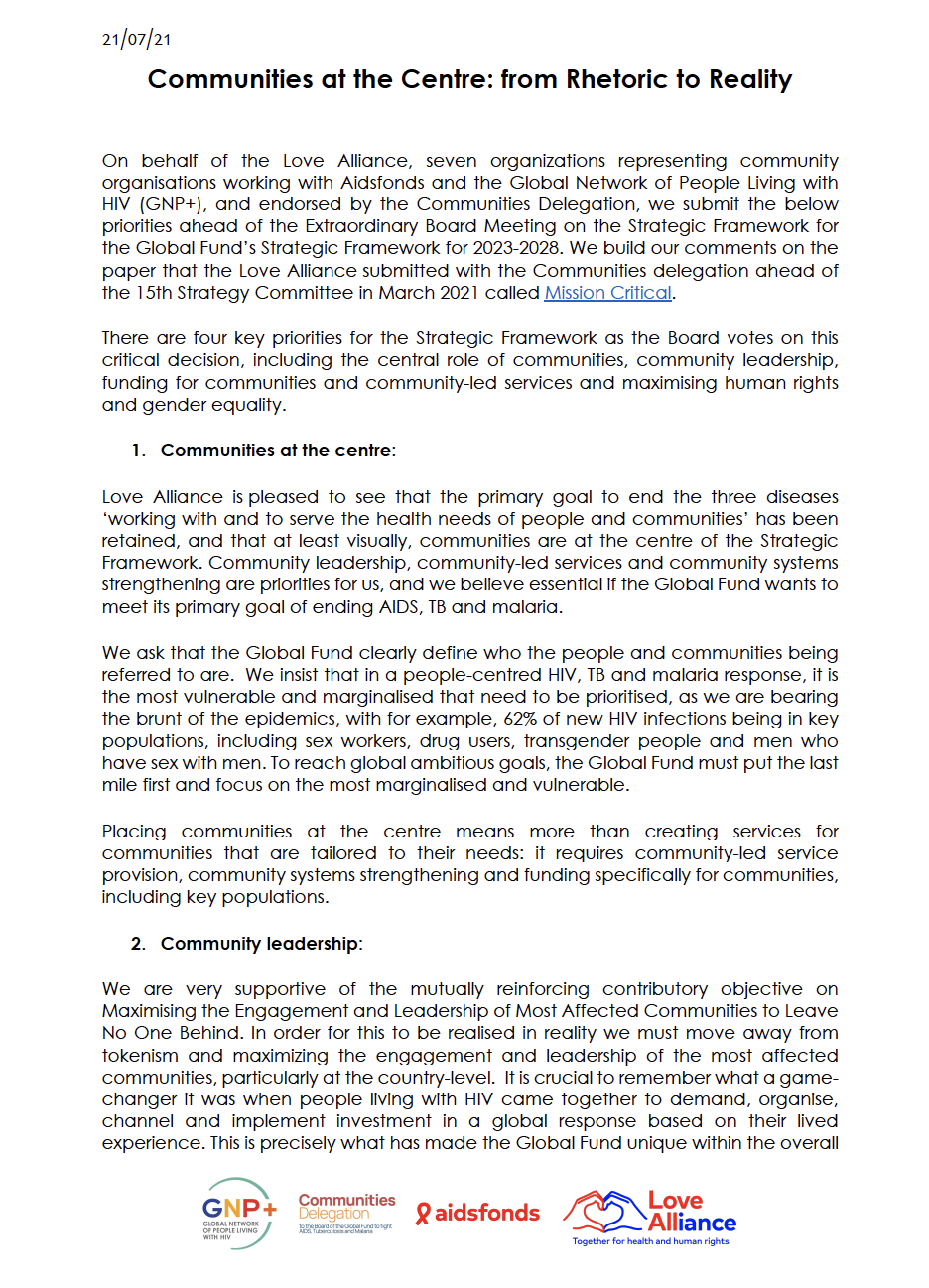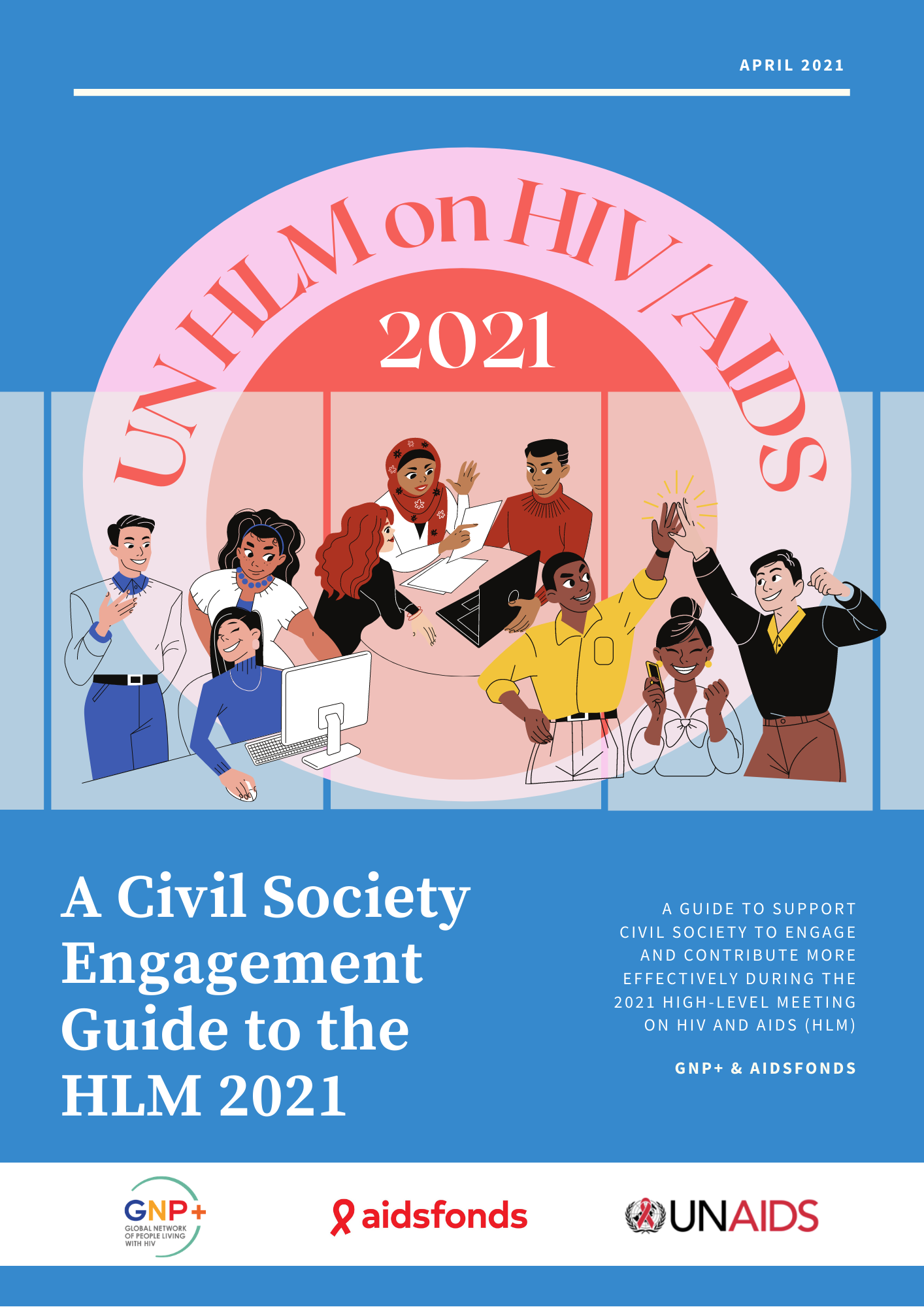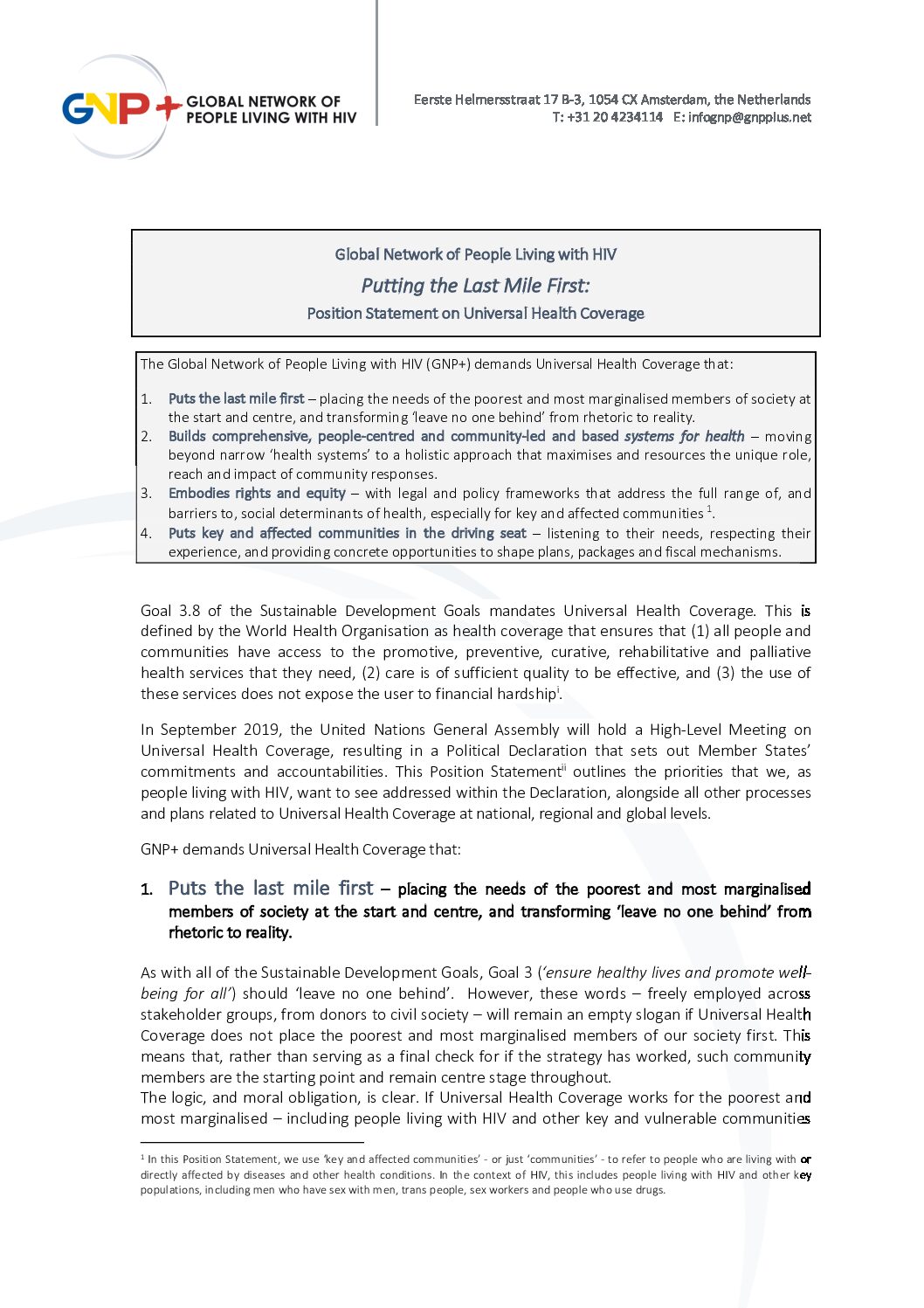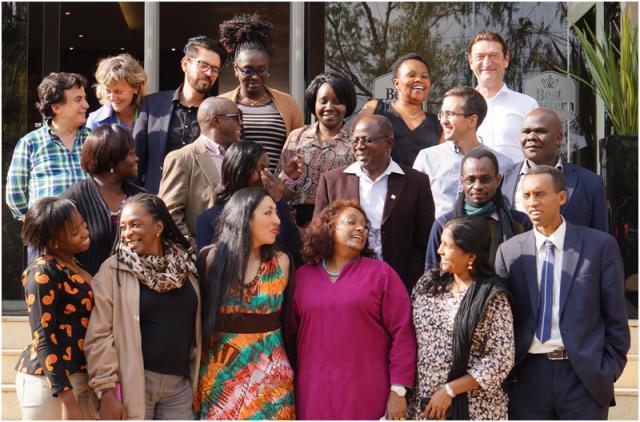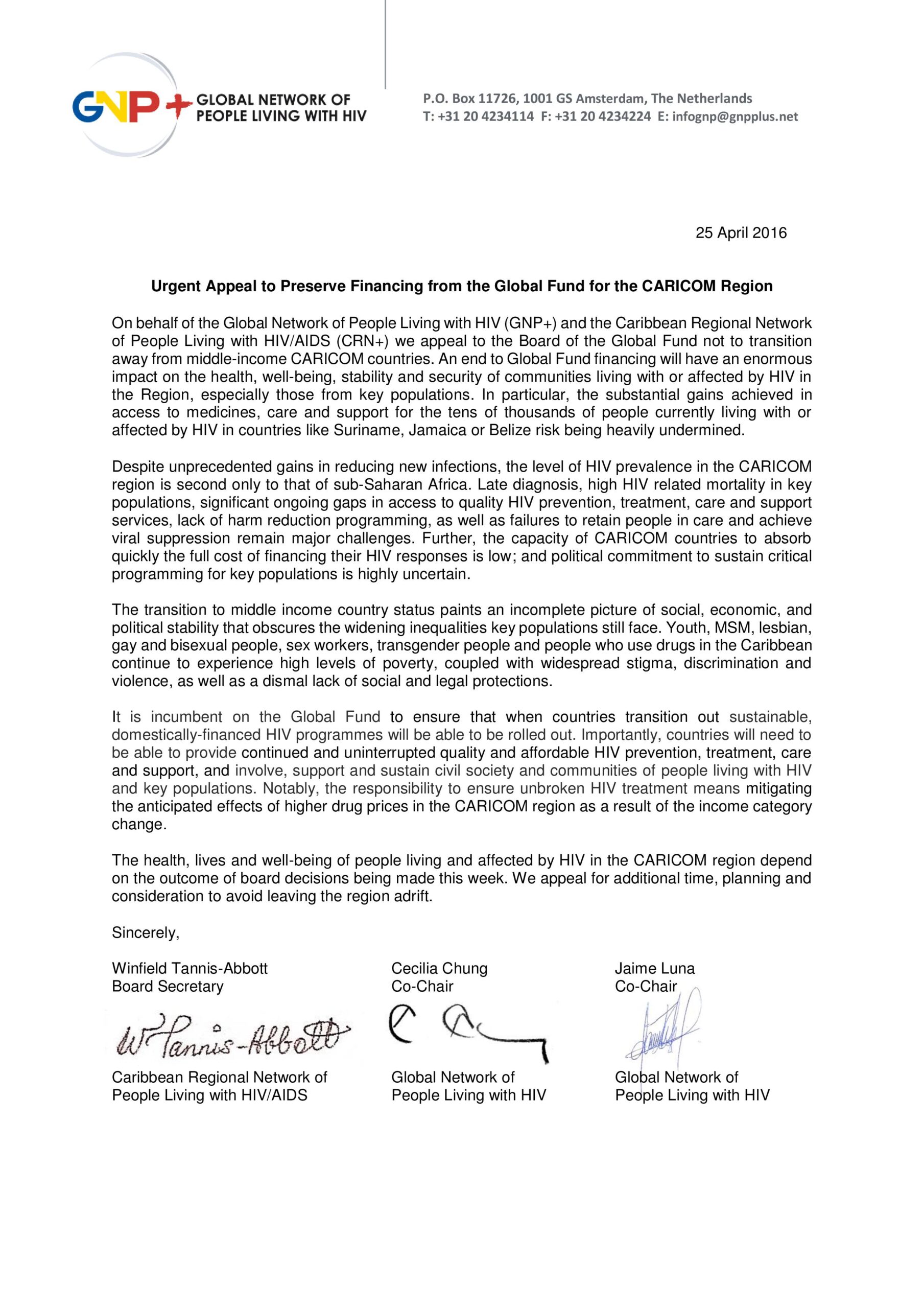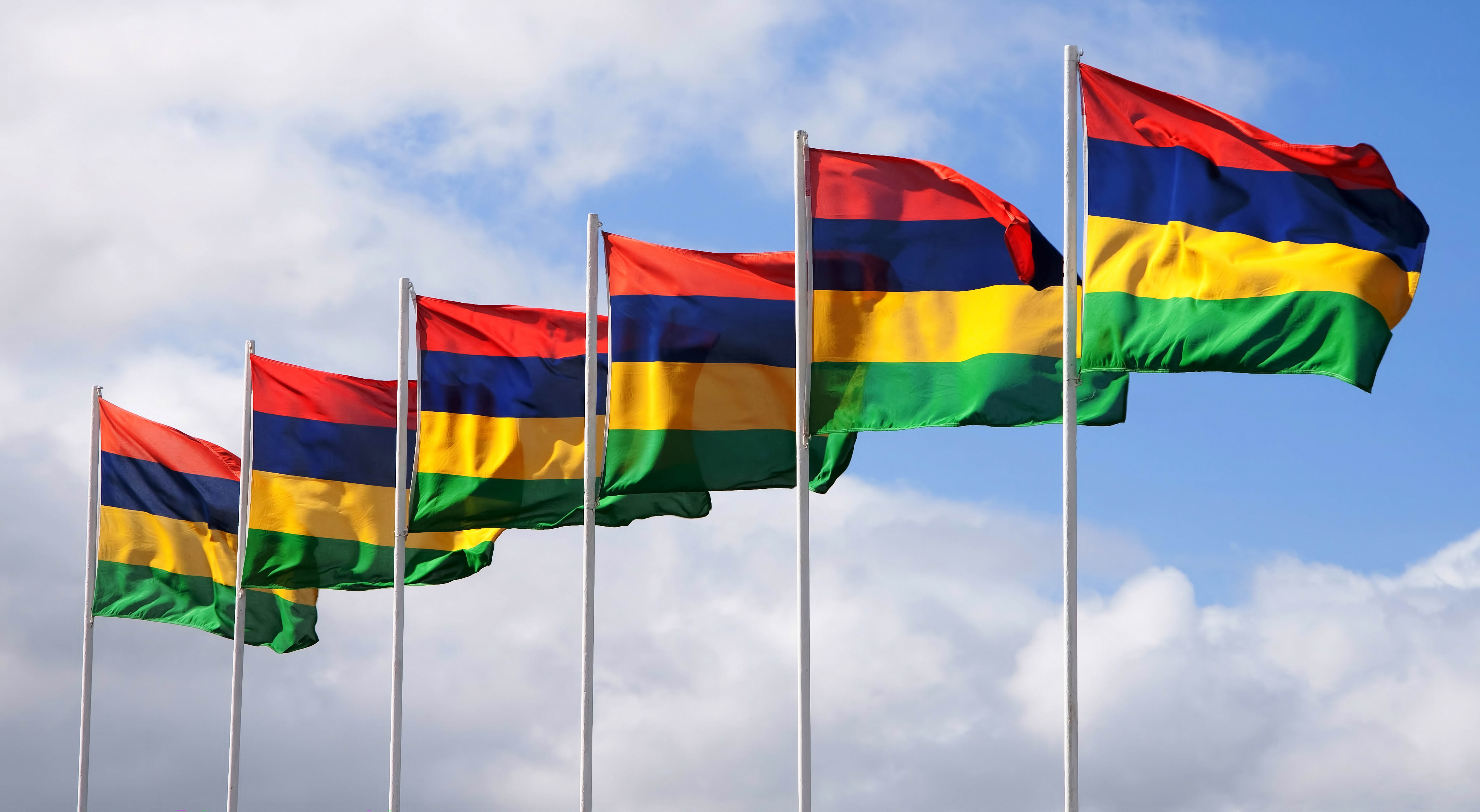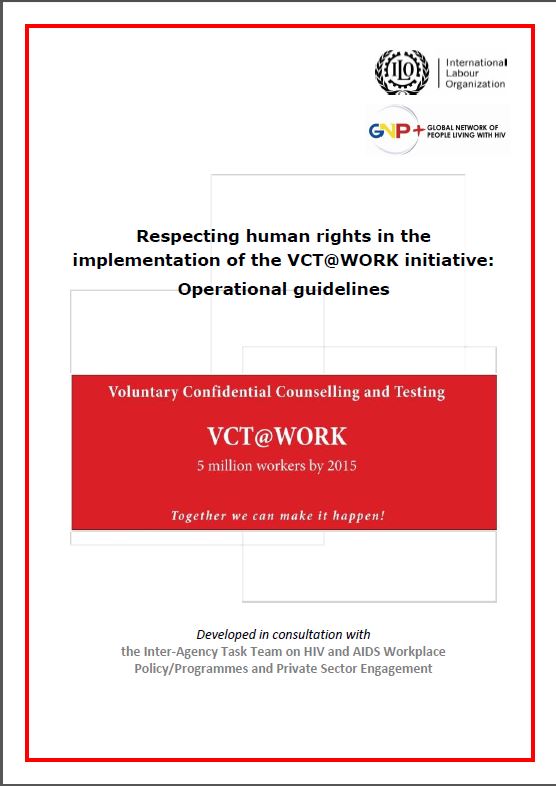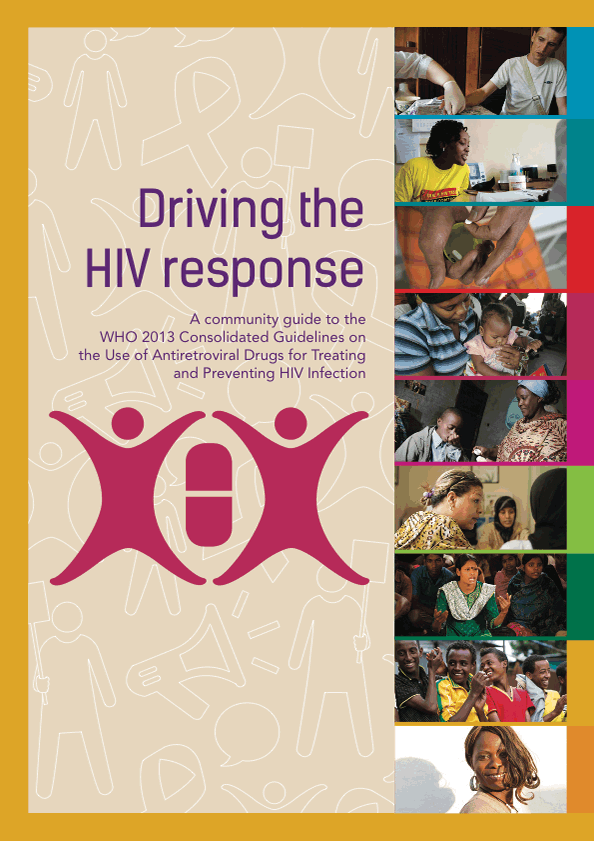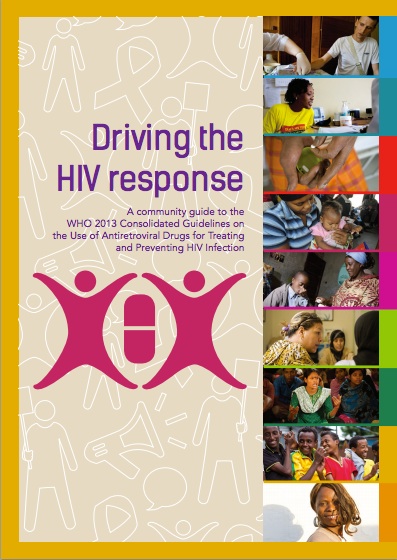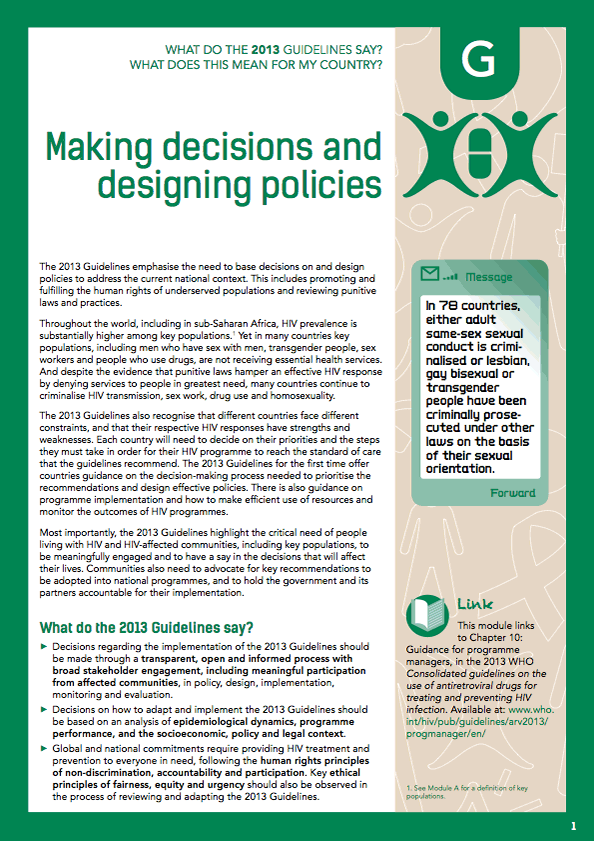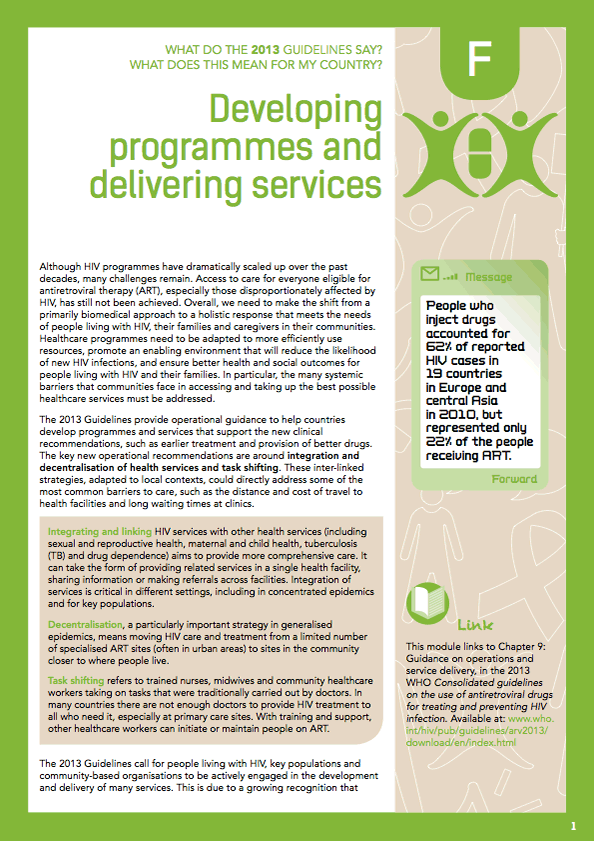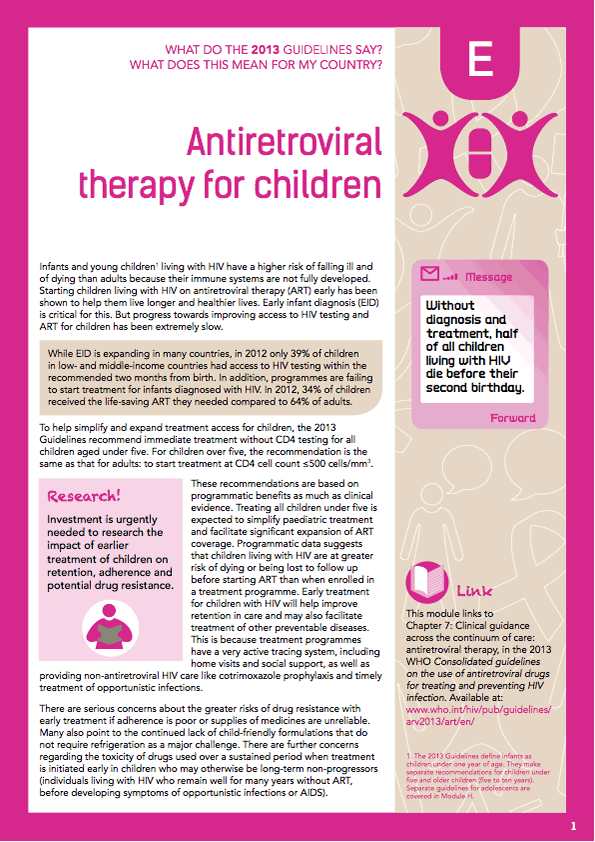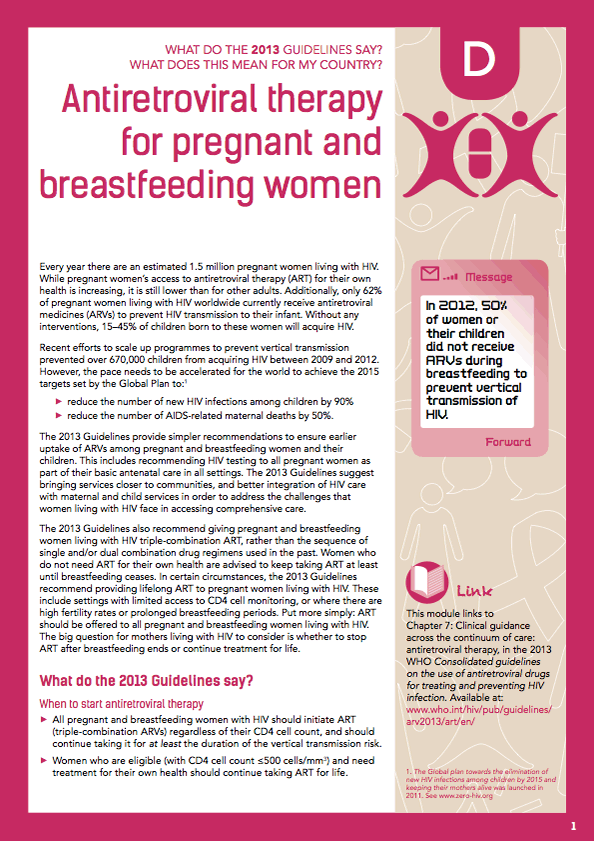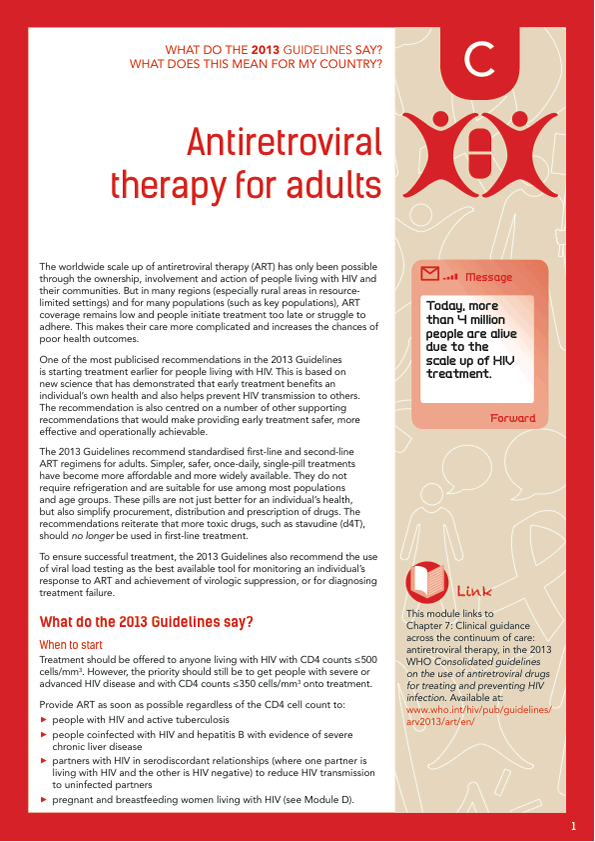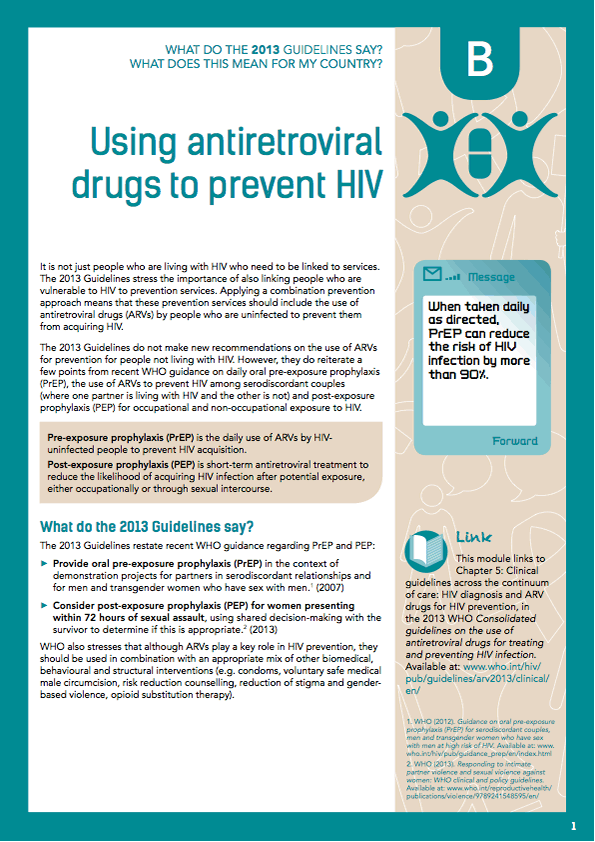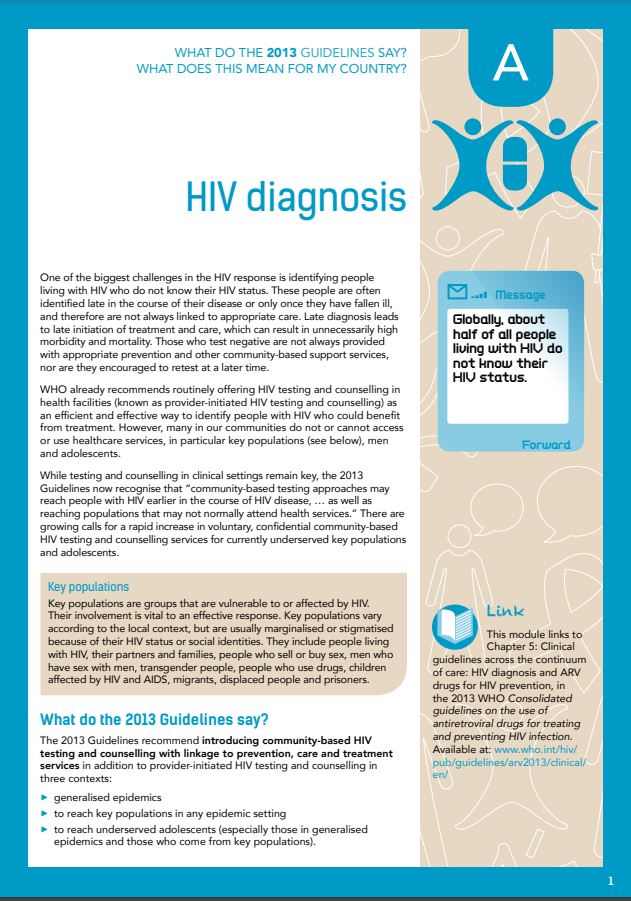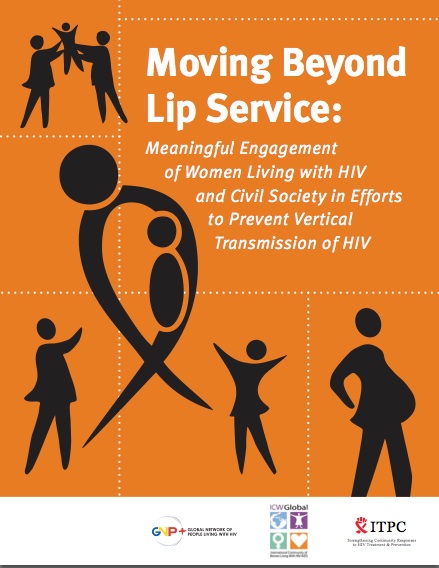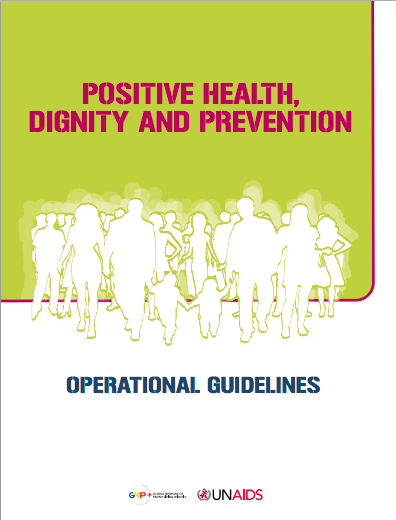Respecting human rights in the implementation of the VCT@WORK initiative: Operational guidelines
Access to VCT is part of a comprehensive workplace response to HIV. The VCT@WORK initiative seeks to address the needs of large and small businesses, as well as workers in the informal economy. These operational guidelines provide guidance on respecting human rights in the implementation of the VCT@WORK initiative, with a particular focus on the following.
- consent
- confidentiality
- counselling
- connection to care
- gender equality and women’s empowerment
- meaningful engagement of people living with HIV
- inclusion of key populations
In all workplace settings, staff HIV awareness is crucial to reducing HIV stigmatization and discrimination. Information should be made available to ensure that all workers know where they can go to seek voluntary and confidential HIV testing, and how to access HIV prevention, treatment, and care and support services.
A workplace policy with clearly defined principles to protect the rights of workers and to ensure non-discrimination and gender equality, as described in ILO Recommendation No. 200, is essential for the implementation and success of the VCT@WORK initiative. Of equal importance is the need for a truly representative HIV workplace committee, which should serve as a mechanism for the development and review of the workplace policy and programmes – including the VCT@WORK initiative.
The principle of Greater Involvement of People Living with HIV (GIPA) is central to the implementation of the VCT@WORK initiative. A growing body of evidence shows that programmes implementing GIPA achieve better, and more sustainable, results. Globally, organizations such as the Global Fund to Fight AIDS, Tuberculosis and Malaria continue to invest in the involvement of people living with HIV at all levels. At the local level, GIPA facilitates the creation of an environment that enables people living with HIV to fulfil their potential as employees, leaders and active members of society; it reduces stigma and contributes to the elimination of judgmental attitudes and discrimination. The guidelines further reinforce the need to:
a. build strong partnerships between workplaces involved in the initiative and employers’ and workers’ organizations, PLHIV networks and national governments, and, in particular, national AIDS commissions and VCT service providers;
b. provide adequate infrastructure and facilities for VCT to be conducted with respect for confidentiality and privacy, and aligned principles; and
c. establish good referral links with other service providers, to ensure that the needs of all PLHIV (women, men and transgender people) working with an organization are met.
The operational guidelines were developed following data collection from three country-level consultations with networks of PLHIV in India, Nigeria and South Africa – the three countries in the world with the highest numbers of people living with HIV. The inclusion of policy makers and decision makers from the business community in country-level discussions allowed them to express their concerns with regard to the implementation of HIV testing in and through the workplace.


